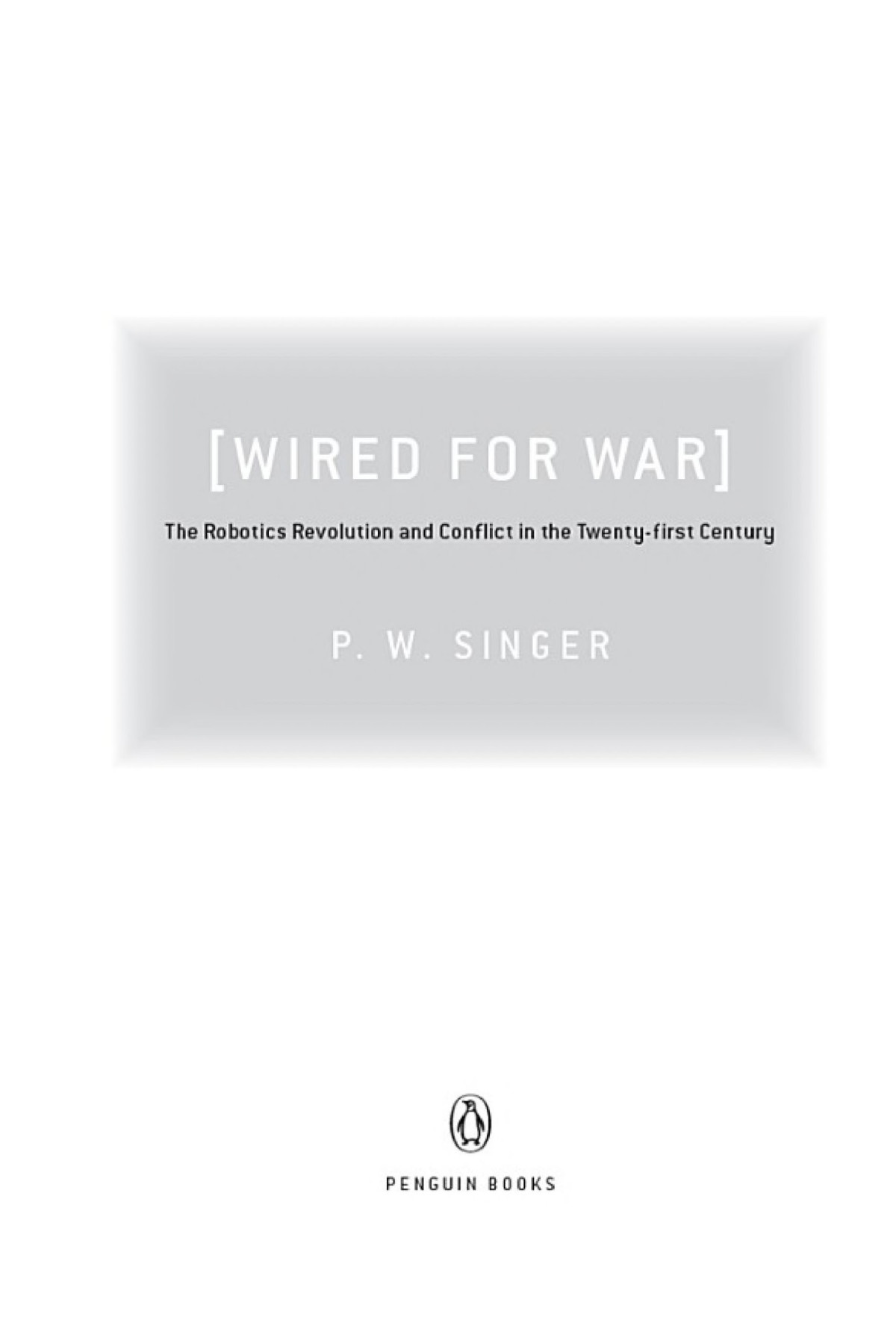

Most ebook files are in PDF format, so you can easily read them using various software such as Foxit Reader or directly on the Google Chrome browser.
Some ebook files are released by publishers in other formats such as .awz, .mobi, .epub, .fb2, etc. You may need to install specific software to read these formats on mobile/PC, such as Calibre.
Please read the tutorial at this link: https://ebookbell.com/faq
We offer FREE conversion to the popular formats you request; however, this may take some time. Therefore, right after payment, please email us, and we will try to provide the service as quickly as possible.
For some exceptional file formats or broken links (if any), please refrain from opening any disputes. Instead, email us first, and we will try to assist within a maximum of 6 hours.
EbookBell Team

0.0
0 reviewsP. W. Singer explores the greatest revolution in military affairs since the atom bomb: the dawn of robotic warfare
We are on the cusp of a massive shift in military technology that threatens to make real the stuff of I, Robot and The Terminator. Blending historical evidence with interviews of an amazing cast of characters, Singer shows how technology is changing not just how wars are fought, but also the politics, economics, laws, and the ethics that surround war itself. Travelling from the battlefields of Iraq and Afghanistan to modern-day "skunk works" in the midst of suburbia, Wired for War will tantalise a wide readership, from military buffs to policy wonks to gearheads.
**
Brookings Institute fellow Singer ( Children at War ) believes that we resist trying to research and understand change in the making of war. Robotics promises to be the most comprehensive instrument of change in war since the introduction of gunpowder. Beginning with a brief and useful survey of robotics, Singer discusses its military applications during WWII, the arming and autonomy of robots at the turn of the century, and the broad influence of robotics on near-future battlefields. How, for example, can rules of engagement for unmanned autonomous machines be created and enforced? Can an artificial intelligence commit a war crime? Arguably more significant is Singers provocative case that war itself will be redefined as technology creates increasing physical and emotional distance from combat. As robotics diminishes wars risks the technology diminishes as well the higher purposes traditionally used to justify it. Might that reduce humanitys propensity for war making? Or will robotics make war less humane by making it less human? Singer has more questions than answers—but it is difficult to challenge his concluding admonition to question and study the technologies of military robotics—while the chance remains. (Jan. 26)